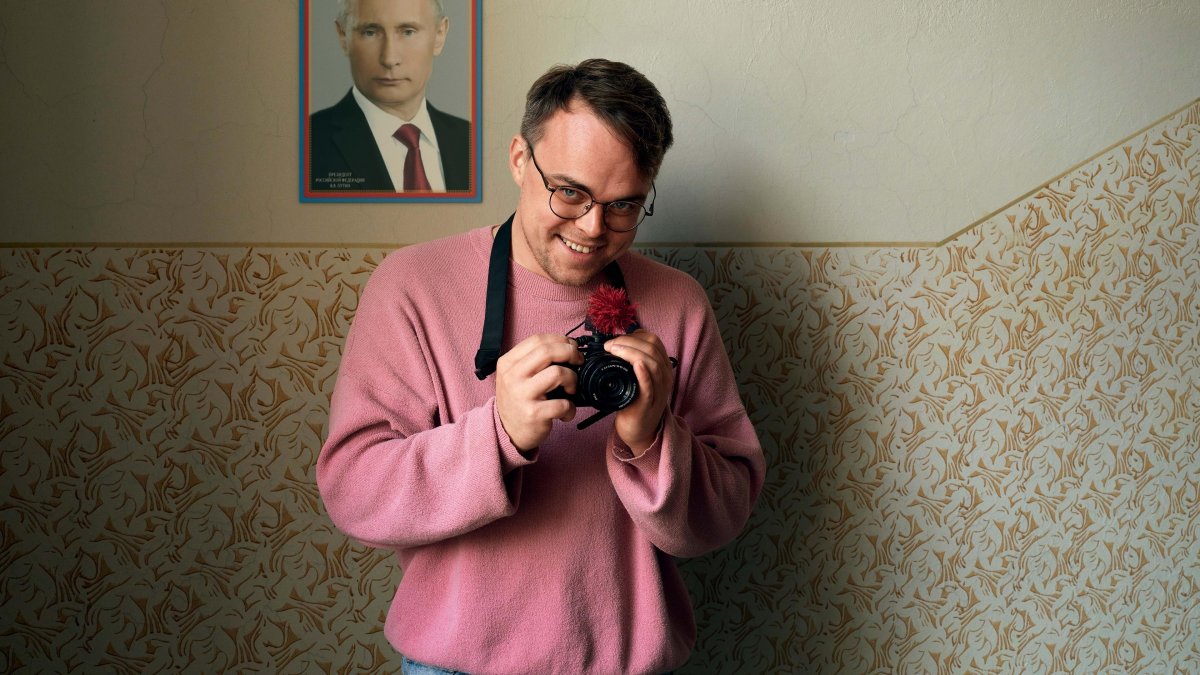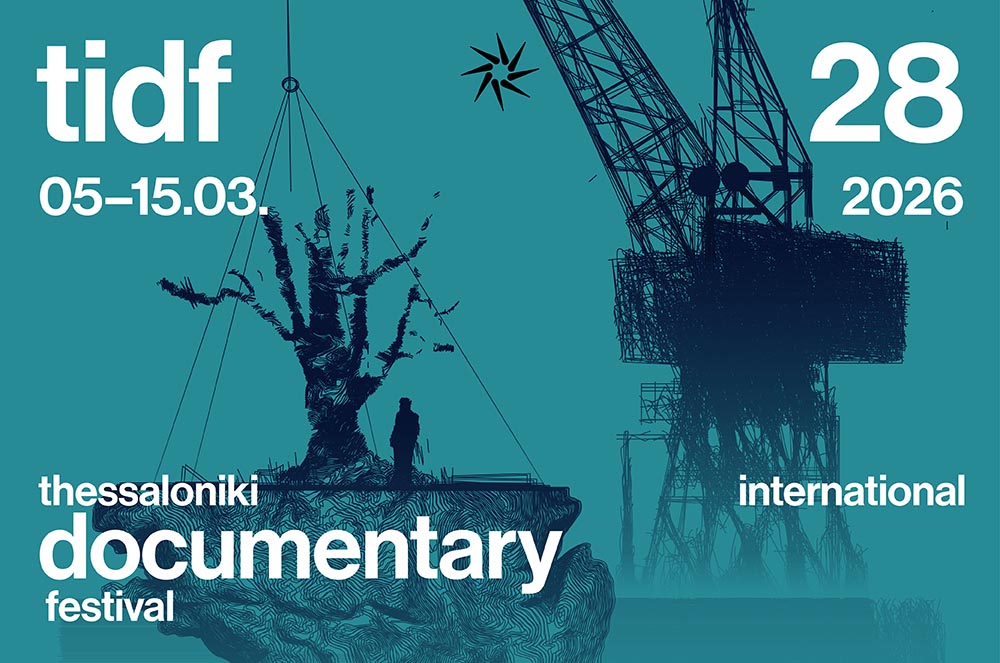The real scissorhands of cinema take center stage at the large-scale tribute of the 62nd Thessaloniki International Film Festival (4-14 November 2021) “In the Cut: Editing and its Secrets”. Nine top-notch editors from Greece and all over the world have accepted the Festival’s invitation and land in Thessaloniki, ready to share their valuable experience with the audience.
News
For more information please contact Press and Communication Department.
The Rules of the Game (1939): Jean Renoir’s masterpiece serves as inspiration for the 62nd TIFF
www.filmfestival.gr
The Rules of the Game (La Règle du Jeu, 1939) by Jean Renoir, one of the best movies of all times, is the inspirational guide for this year’s 62nd Thessaloniki International Film Festival (4-14 November, 2021). Using the film as a bedrock, we opt to reconsider and reexamine all the colossal issues it tackles: political, social, esthetic, cinematic.
The Festivals of Thessaloniki, Drama and Clermont-Ferrand join forces in a new and important initiative
www.filmfestival.gr
How does one make the transition from short films to a long-length debut film? Which tools and instruments can be of assistance? What poses the biggest challenge? Three festivals are offering a helping hand to young filmmakers, answering the most pivotal questions. The 2-day Agora Short Film Lab is an initiative hosted by the Thessaloniki International Film Festival, scheduled to be held within the context of the 62nd TIFF (4-14, November 2021), in collaboration with Clermont-Ferrand International Short Film Festival and Drama International Short Film Festival.
"Happening", the Golden Lion winning film of Venice opens the 62nd Festival
www.filmfestival.gr
Happening (L’Événement) by French director Audrey Diwan, the movie that stirred sensation and won the Golden Lion at the 78th Venice International Film Festival, will raise the curtain of the 62nd Thessaloniki International Film Festival, scheduled to be held from November 4 to 14, 2021.
62nd TIFF: Extension of podcast submission deadline
www.filmfestival.gr
We would like to inform you that the submission process for the Podcast section of the 62nd Thessaloniki International Film Festival is extended until Friday, September 17, 2021 at 17:00 EEST, due to a delay created by the measures taken for COVID-19.



















